
Your must-see MIFF films of 2024
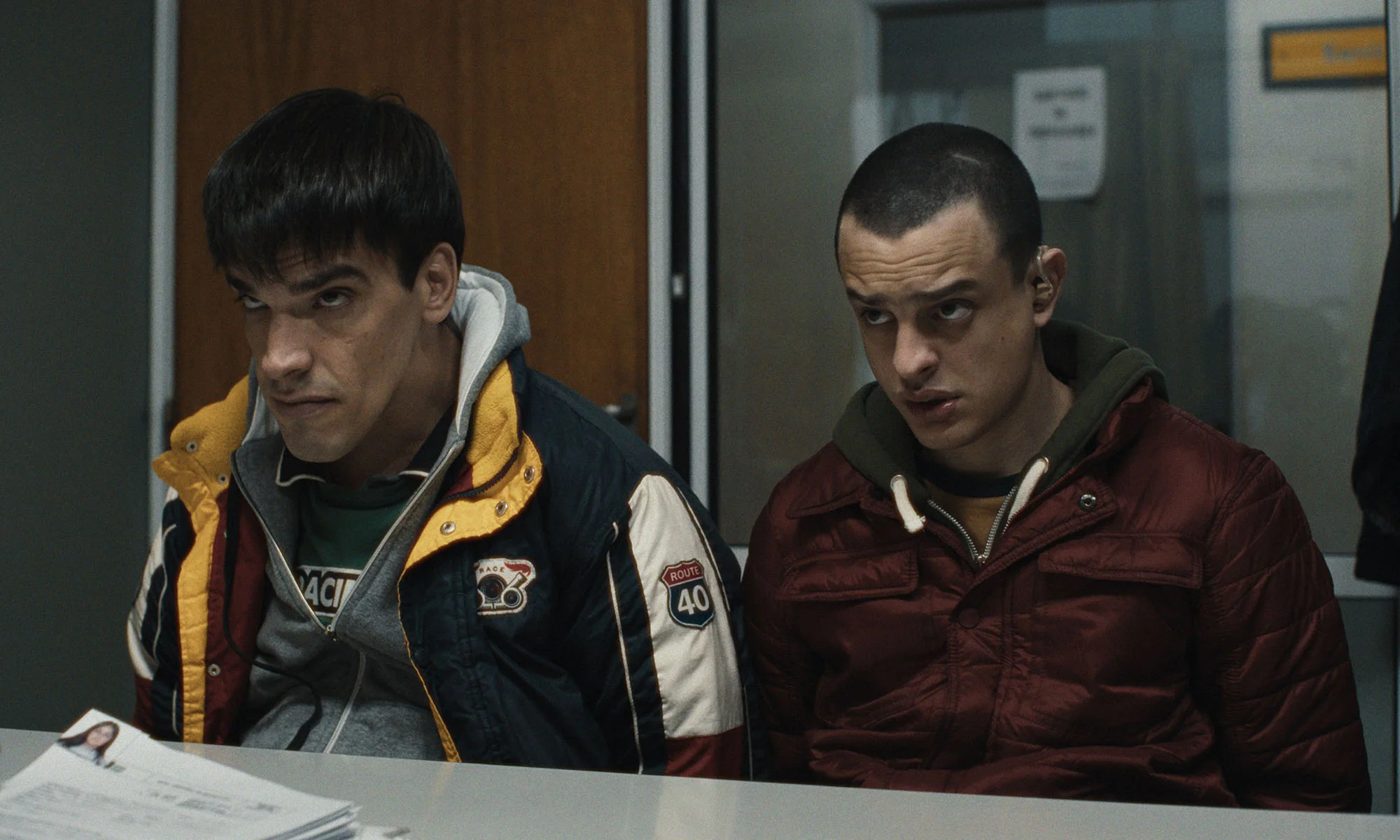
The Melbourne International Film Festival showcases hundreds of films from around the world – here are five highlights to get you started
Published 29 July 2024
I must confess that I’m terrible at making lists, unless it’s for groceries.
There is always something essential missing, and this list is no exception: choosing five films means excluding hundreds.
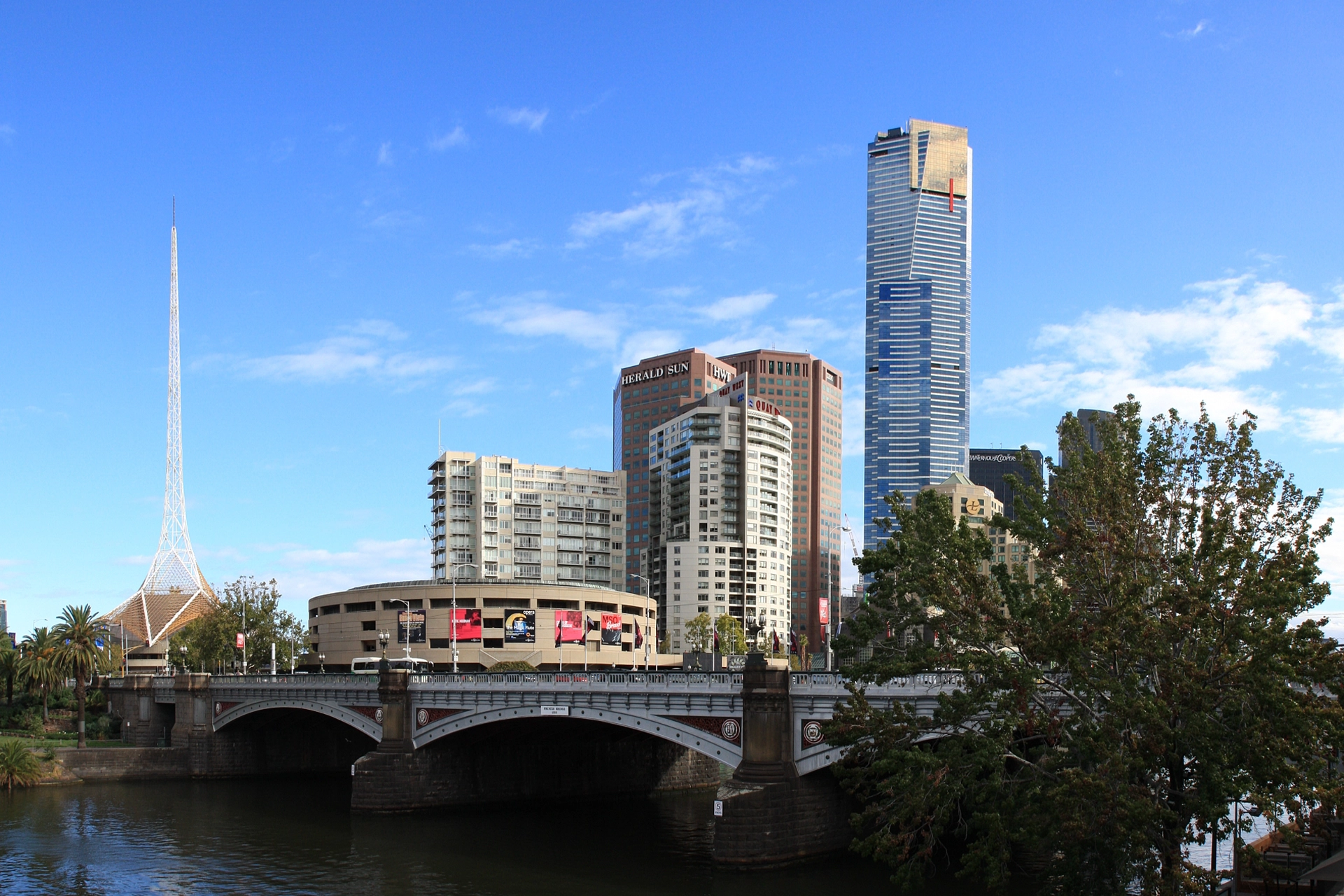
This year, the Melbourne International Film Festival (MIFF) is showing more than 250 works from over 62 countries, bringing together films of all genres, lengths and formats.
MIFF is one of the largest – and oldest – film festivals in the world. Alongside a wide spectrum of films, audiences are invited to experience cinema in unique venues with more than 400 sessions across 18 days in August.
This list doesn’t come from the perspective of ‘a film expert’ or a ‘film programmer’, but from someone who goes to the movies to learn something new about the world and be transformed by its illusions and realities.

Oftentimes, we forget about the capacity of the movie theatre to take us outside ourselves and outside of the environments we inhabit. In the darkness of the cinema, sitting next to strangers (or friends) and in front of images than are much bigger than us, lies the very fascination of this mystery.
MIFF gives us the opportunity to be surprised at the capacity of the cinema to take us on a journey through unknown, and sometimes confronting, lands.
No Other Land (Basel Adra, Hamdan Ballal, Yuval Abraham, Rachel Szor, 2024)
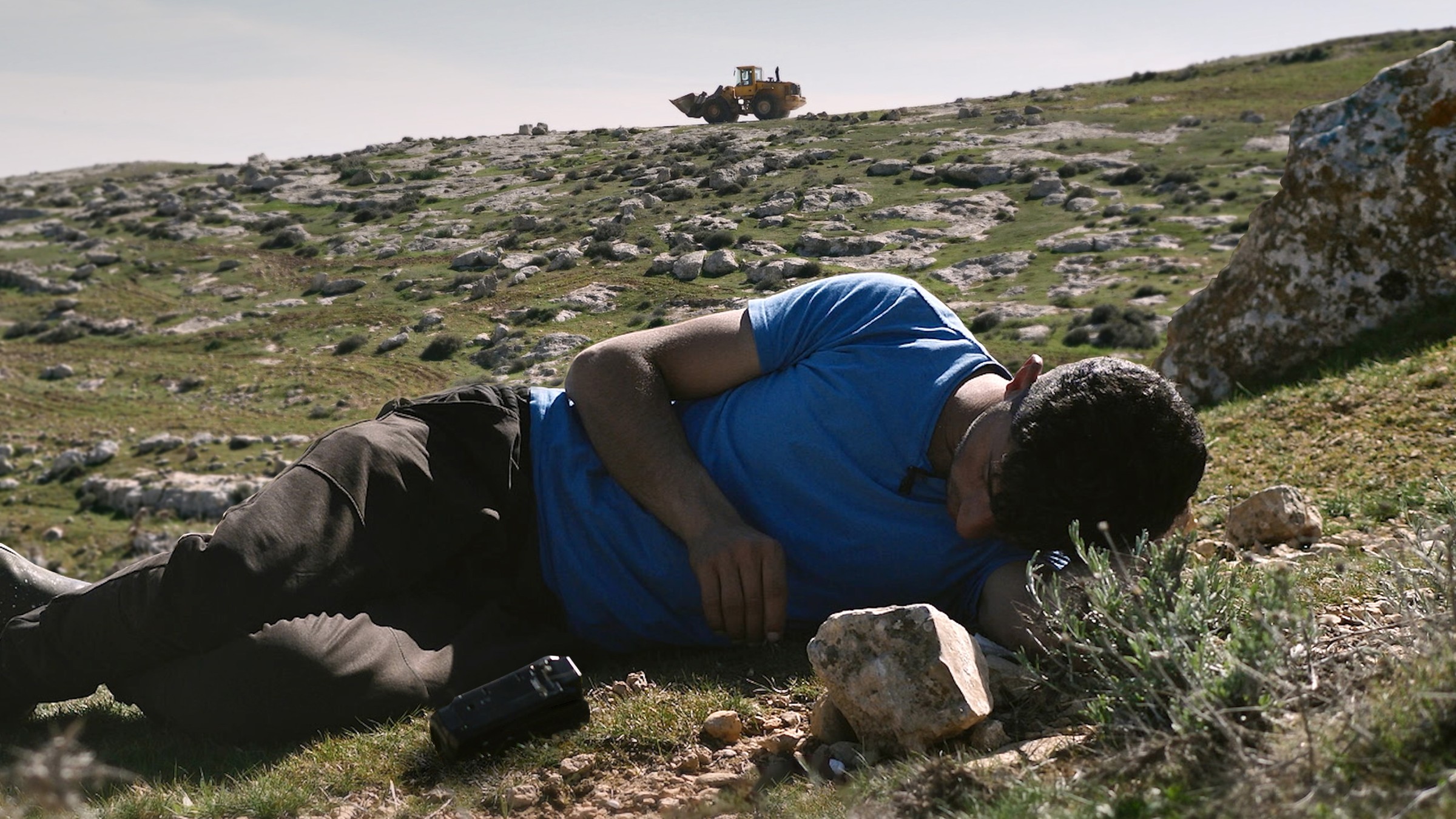
Winner of Best Documentary Film at this year’s Berlinale and multiple ‘audience favourite’ festival awards, this film from a Palestinian-Israeli collective is a raw account of the forced resettlement of the Palestinian community of Masafer Yatta in the West Bank.
It is a testament to the political bravery, creative resistance and friendship of four young filmmakers who want to put an end to the evictions of Palestinian villages and the apartheid between them.
No Other Land traces a historical conflict that filmmaker Basel Adra and his family have been documenting since his childhood, and sadly, this documentary was released shortly after the war in Gaza began in October last year.
Accepting the award at the Berlinale last February, directors Basel Adra (Palestinian) and Yuval Abraham (Israeli) condemned Israel's military occupation of Palestinian land and called for a ceasefire in a deeply moving and courageous speech.
Grand Tour (Miguel Gomes, 2024)
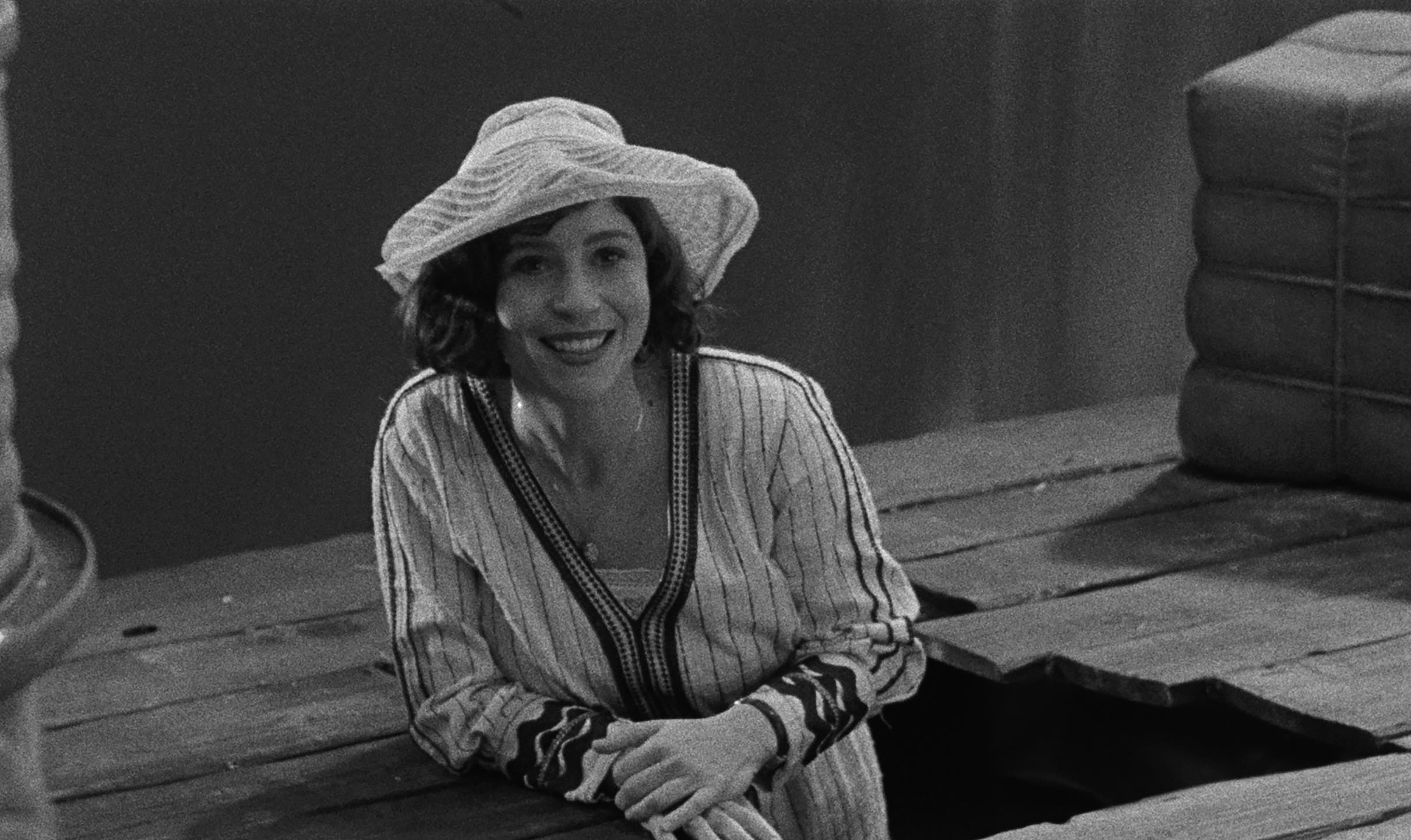
We live in tense times, and the world has turned into a bad film, but Portuguese director Miguel Gomes (Tabu 2012; As Mil e Uma Noites / Arabian Nights 2015; Diários de Otsoga /The Tsugua Diaries 2022) reminds us that despite how degraded reality has become, it keeps on being beautiful.
Grand Tour is a playful, complex and undefinable work of the imagination.
It is at once a travelogue drama set in South-East Asia with elements of past and present colonialism and a strange screwball comedy that could have well starred Katharine Hepburn and Cary Grant as Molly (Crista Alfaiate) and Edward (Gonçalo Waddington).
Watching Grand Tour on the big screen promises to trigger magical spells in its audiences.
It’s a splendorous film and an ode to cinema that invites viewers to “abandon themselves to the world and see how generous it is to them”. (This line is taken from one of the film’s characters, a Japanese monk that we meet half-way through Gomes’ anachronistic expedition).
All We Imagine as Light (Payal Kapadia, 2024)
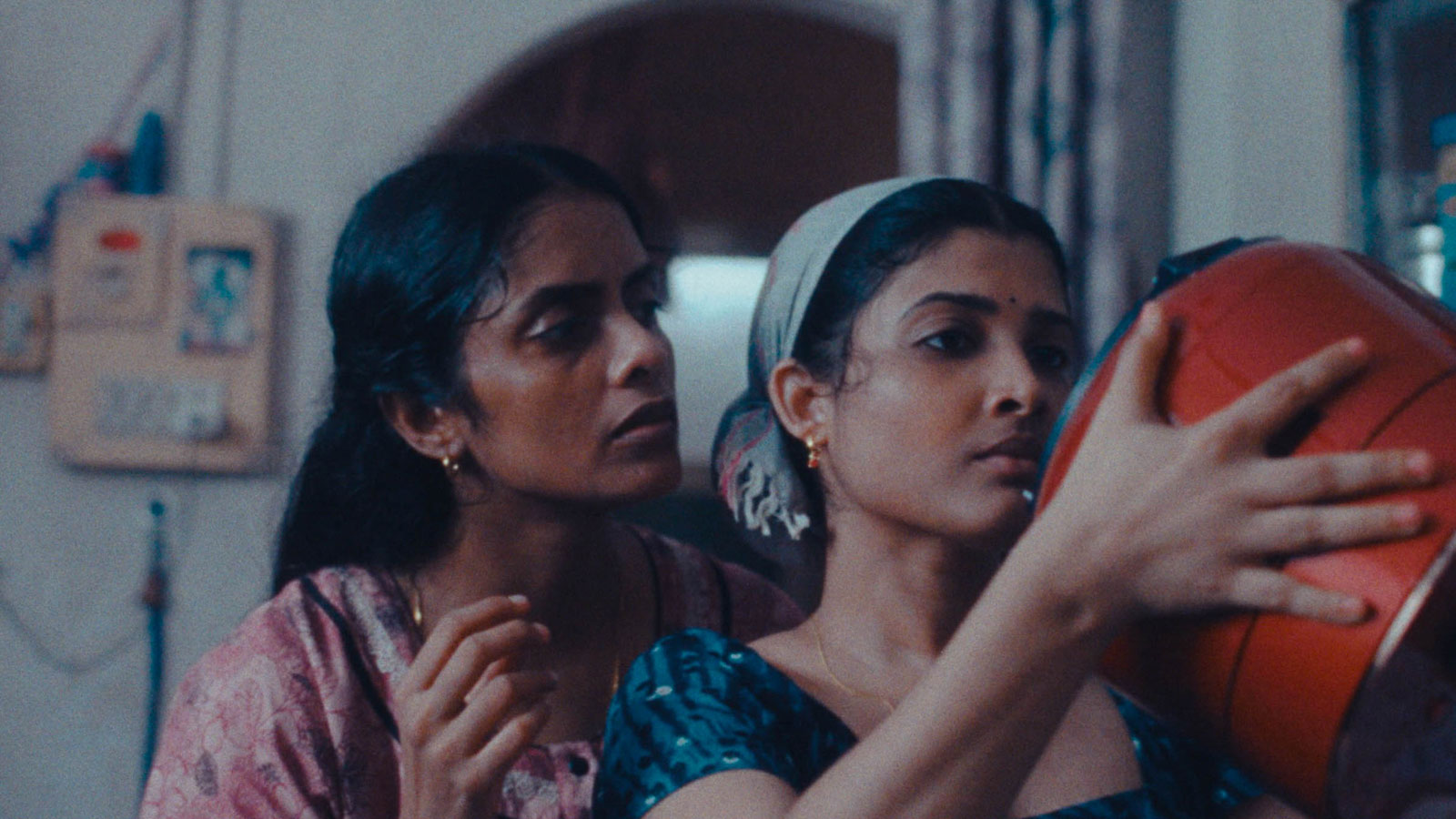
Following her extraordinary debut with the documentary A Night of Knowing Nothing (2021), Indian filmmaker Payal Kapadia returns this year with a fictional portrait of three nurses living in romantic and emotional insecurity in the frenetic city of Mumbai.
For those who admired the audacity of Kapadia’s debut film, All We Imagine as Light may be received as a less adventurous work, but it still retains the luminosity and poetic vision of a truly gifted director.
Simón de la montaña / Simon of the Mountain (Federico Luis, 2024)
The feature debut by Argentinean filmmaker Federico Luis won the Grand Prize at Cannes Critics’ Week this year.
Simon of the Mountain is a coming-of-age drama that narrates the story of 21-year-old Simón (Lorenzo Ferro), who decides to change his identity after meeting a young man with disability (Pehuén Pedre).
Simón, like Luis Buñuel’s protagonist in Simón del desierto / Simon of the Desert (1965), realises that he does not fit in society, and chooses a different path – to the point of insanity.
The direction, deserted landscapes of Patagonia, and the remarkable performances make Simon of the Mountain one of the most anticipated debut films to watch at MIFF this year.
Dahomey (Mati Diop, 2024)
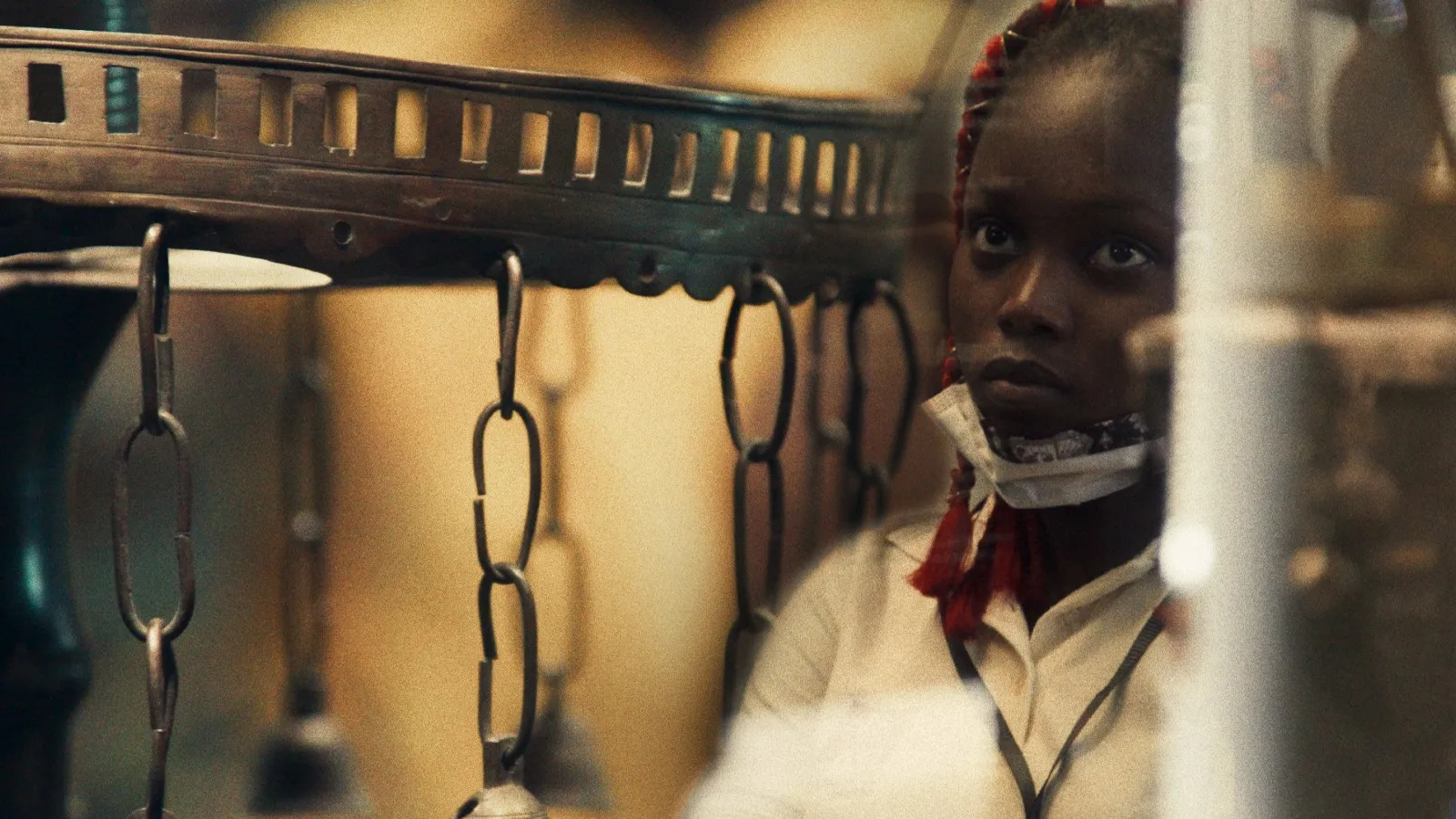
Mati Diop is well known to cinephiles; she made her acting debut in Claire Denis’s 35 rhums / 35 Shots of Rum (2008) before becoming one of the most significant Black filmmakers of our time.
In her films, spirits of the dead constantly return to the present (see for example Atlantique / Atlantics), and Dahomey is no exception.
It is a story of the return of 26 royal treasures of the Kingdom of Dahomey to their ancestral African roots.
The treasures, that were taken by French colonial troops in 1892, are about to leave the Musée du Quai de Branly in Paris to return to their country of origin, the present-day Republic of Benin.

Arts & Culture
After 50 years, why Stephen King is still relevant
Diop and cinematographer Joséphine Drouin Viallard are quick to turn these objects into subjects, particularly item #26 (the uncanny statue of King Ghezo) who comes alive as a voice-character that speaks from the ‘kingdom of night’.
Like artifact #26, Diop’s film also develops into an entity that can watch you while you are watching it.
This is a haunting film that explores a history of colonial violence and exploitation, enabling audiences to have restorative and reparative conversations.
+ 1: Wake in Fright (Ted Kotcheff, 1971) x Surprise Chef
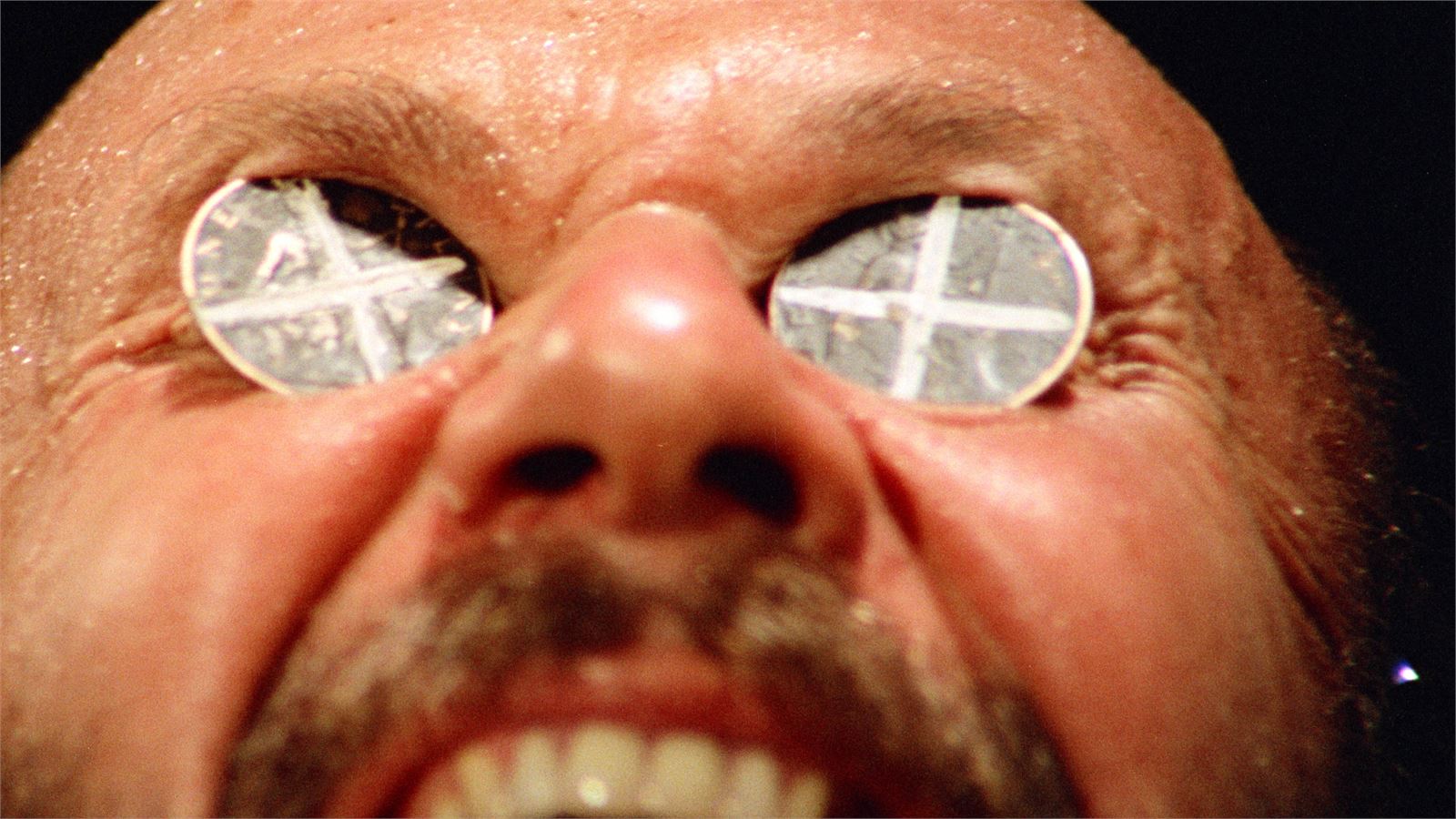
If you’ll indulge me with a list within a list, here are five reasons not to miss this special event at MIFF:
Wake in Fright is a landmark in Australian cinema, heralded by many critics as one of the greatest local films ever made (even though Australian audiences did not particularly like it at the time of its release in 1971).
It’s the world premiere of a brand new 4K restoration of the film.
The funky soul quintet from Coburg, Surprise Chef, will be performing the film score live.
It’s screening at Hamer Hall, the wonderful venue for orchestra music in Arts Centre Melbourne.
Wake in Fright x Surprise Chef is organised by Hear my Eyes, a venture that started in 2015 as a student project in the Master of Arts and Cultural Management by alumni Haydn Green.
The Melbourne International Film Festival (MIFF) is on from 8-25 August. The University of Melbourne is the festival learning partner.
